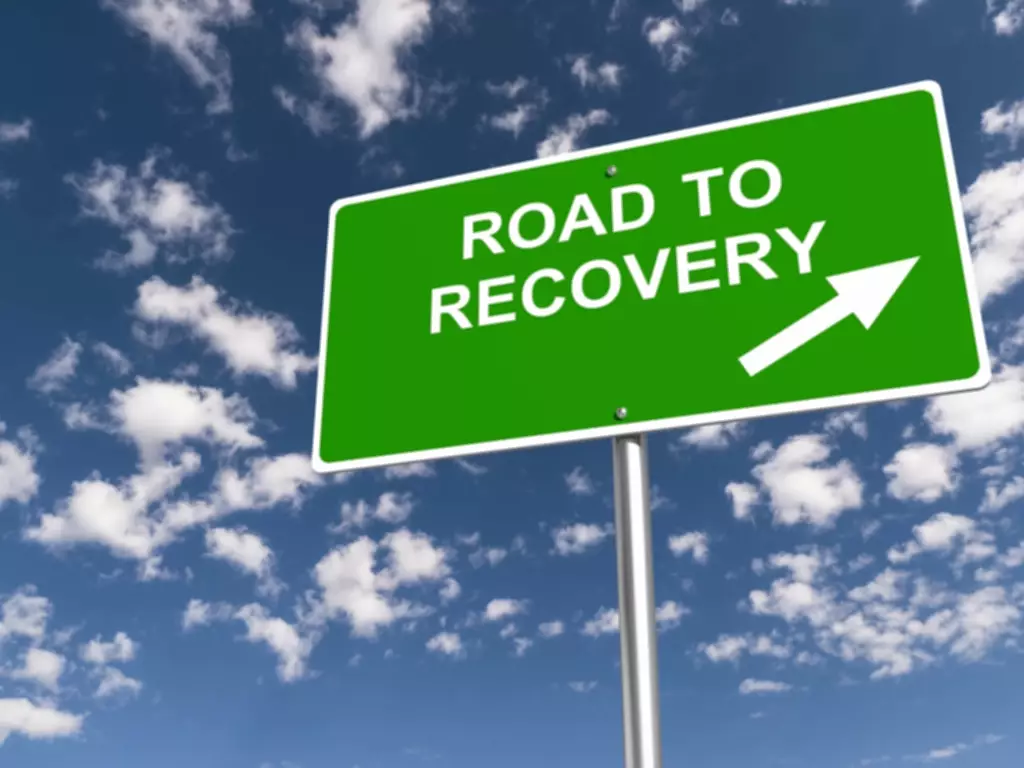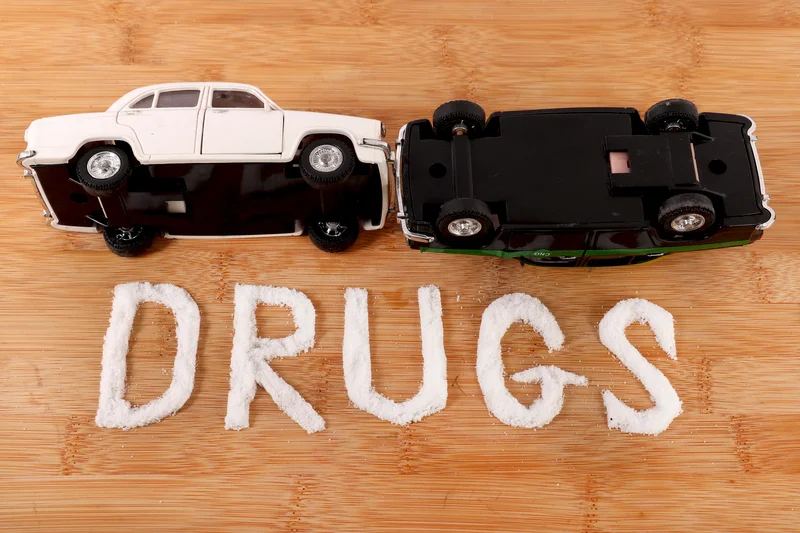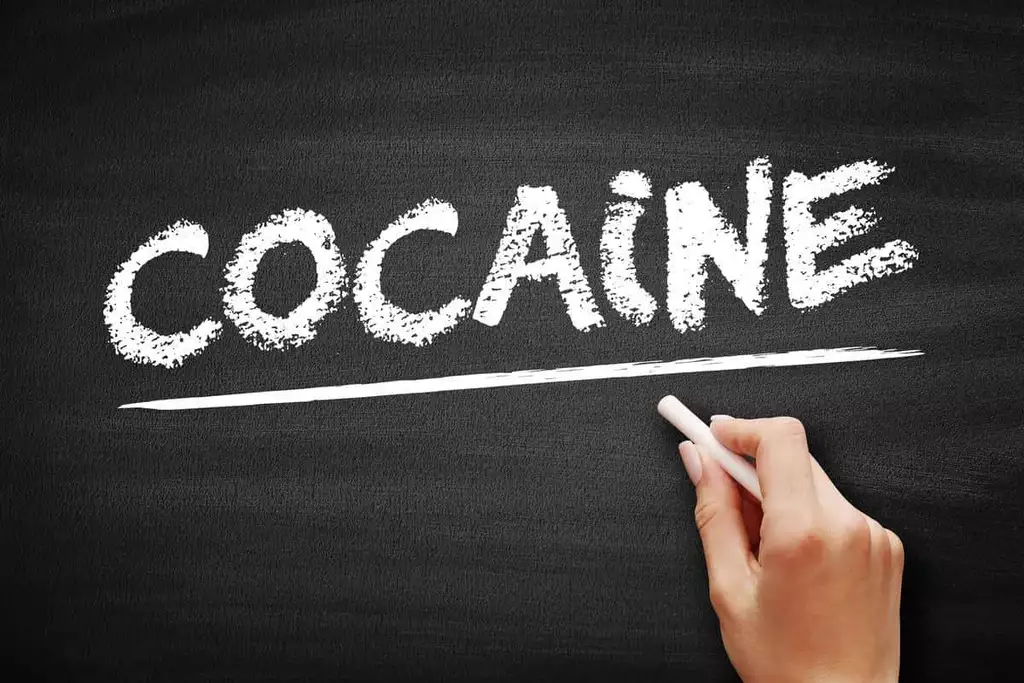
The experience of recovering alcoholics often intertwines with mental health disorders like anxiety and depression. These conditions can exacerbate cravings for sugar due to emotional regulation difficulties. Sugar can momentarily elevate mood through its effect on serotonin and dopamine levels, which mimics the pleasurable sensations once achieved through alcohol consumption.
- In response, the body may crave sugary foods or beverages to help regulate these levels.
- Understanding these factors can shed light on why these cravings occur and how they are interconnected with the effects of alcohol on the body.
- Therefore, it is important for people in recovery to find a balance when it comes to consuming sugar.
- It is this stimulation of the brain’s reward pathway that explains why recovering alcoholics may find themselves craving sweets.
- Discover the life-changing benefits of rehab centers in PA, your key to lasting recovery from addiction.
Five Herbs to Aid in the Recovery Process

Strategies that emphasize healthy eating, regular exercise, and adequate rest are proven to aid recovering alcoholics in curbing their sugar cravings. Comprehensive nutrition therapy can assist in making healthier choices while supporting the recovery process 4. Seeking nutrition counseling can significantly assist individuals in managing their cravings for sugar while maintaining sobriety. For individuals struggling with alcoholism, cravings for sugar often go hand in hand with their addiction.
Components of Sugar Addiction
In this study, it was found that there is evidence that links the consumption of sweets and alcohol between humans and animals, and their preferences for such. The study shows that preference for sweets can be genetic, but that there is a link between a preference for sugar as well as alcohol. Discover what is Zohydro addiction, its risks, effects, and treatment options to support recovery. Finally, a robust aftercare program can indeed include nutritional guidance and set the individual on course. However, it is important to maintain proper nutrition throughout and after rehab, so as to ensure a successful recovery.

What to Look for in a Therapist for Addiction Recovery
Two key biological factors that play a significant role are the dopamine and reward pathways in the brain, as well as the impact alcohol has on brain chemistry. By incorporating these coping strategies into your daily life, you can better manage sugar cravings, support your recovery, and foster a healthier relationship with food. Remember, it’s a journey, and every step you take towards mindful eating and healthier alternatives is a step in the right direction. Recovering alcoholics often experience strong cravings for sugar, which can be puzzling for both the individuals themselves and those why do recovering alcoholics crave sugar around them. However, there are valid explanations for this phenomenon, rooted in both the connection between alcohol and sugar cravings and the psychological and physiological factors at play. Mindful eating is a practice that encourages individuals to pay attention to their food, eating habits, and body’s signals.

Interestingly, alcohol also impacts dopamine levels indirectly by inhibiting its reuptake, which is the process of dopamine reabsorption by the brain. However, the association of pleasure with alcohol consumption drives individuals to continue drinking to maintain the euphoric buzz 1. Understanding the impact of alcohol on the gut microbiota is an important step in unraveling the complexities of alcohol dependence and related health issues. Further research in this area could offer valuable insights into potential therapeutic strategies targeting the gut microbiota to improve outcomes for individuals struggling with alcohol use disorders. Alcohol interferes with the body’s ability to properly absorb and utilize nutrients, leading to deficiencies in essential vitamins and minerals.

Another interesting fact found in another study by Colditz et al. (1991) is that consumption of sweets may possibly suppress alcohol intake. It is known that high carbohydrate consumption may actually create an effect of enhanced serotonin synthesis, which in turn can suppress alcohol intake. However, the same was found to be true with non-carbohydrate substitutes, which have also been shown to suppress voluntary alcohol intake. It may have something to do with the way that sweets stimulate the endogenous opioid system, causing the brain to feel satisfied.
Can Herbs Alleviate Benzo Withdrawal Symptoms?
- One of the frequently asked questions about alcohol recovery is ‘why do recovering alcoholics crave sugar?
- Studies have shown that excessive sugar intake can lead to behaviors similar to drug addiction, suggesting a strong link between the two.
Let’s pull back the veil on this lesser-known aspect of sobriety, while laying down some strategies to help you steer clear of both booze and undesired candy conquests. By cultivating a mindful eating practice, individuals can develop a healthier relationship with food and make choices that align with their recovery goals. This approach can help reduce reliance on sugar as a coping mechanism and promote overall well-being.

Proper nutrition plays a vital role in supporting recovery, reducing the risk of relapse, and improving overall well-being. The concept of addiction transfer is prevalent in this context, where recovering alcoholics might replace their dependency on alcohol with a new reliance on sugar. This substitution can fulfill the brain’s craving for dopamine but risks perpetuating the cycle of addiction. In addition to the biological influences, psychological factors also contribute to the cravings for sugar among recovering alcoholics. People with AUD may turn to sugar as a coping mechanism to manage stress, regulate emotions, or marijuana addiction fill the void left by alcohol 3.


